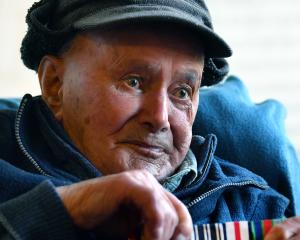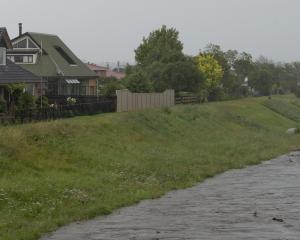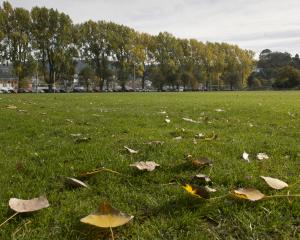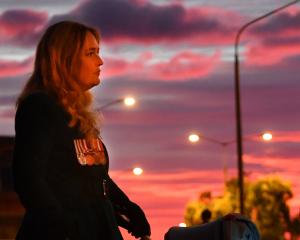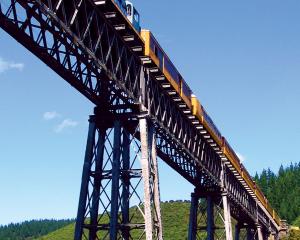New figures suggest the Southern District Health Board is outperforming most other health boards regarding a procedure after having been the worst.
More than 82% of patients were receiving a non-urgent colonoscopy on time in June, compared with the national average of nearly 55%.
Southern appeared to fare less well regarding urgent procedures, delivering almost 67% on time, compared with 74.8% nationally.
Gastroenterology clinical leader Dr Jason Hill said urgent colonoscopy results were easily skewed by small patient numbers and patient availability issues.
The important measure was the six-week non-urgent procedure.
It was a big turnaround from a couple of years ago, when the DHB was the ''worst performing'' in the country.
And it had been achieved with just one endoscopy room at Dunedin Hospital.
Procedures were also carried out in Invercargill, and, to a limited extent, Dunstan, but the service was severely challenged by the lack of space in Dunedin.
That will change when the long-awaited departmental upgrade is completed.
Gastroenterology is part of an urgent upgrade at Dunedin Hospital that includes the intensive care unit.
A proposal is awaiting approval by Health Minister Dr Jonathan Coleman and the Cabinet.
Dr Hill said the new unit would have two, or maybe three, endoscopy rooms, but he had not seen any plans.
The department was putting through more patients than it ever had.
The situation had been turned around by correctly prioritising patients.
''Making sure that all the patients have their procedure within six weeks is a much more important figure [than two weeks] from my perspective.
''I'd rather not stratify and do a few people in two weeks but everyone else is waiting two years,'' Dr Hill said.
Aurora Health Centre GP Dr Jill McIlraith agrees the situation has vastly improved.
The urgent target was an ''artificial measure''.
''It is much more important that the people who need it get it in the next month or two.
''Three or four years ago we were having great difficulty getting colonoscopy at all.
''From a GP's point of view, the colonoscopy situation has improved greatly.''
Balclutha GP Dr Branko Sijnja said the South's high rate of bowel cancer meant the colonoscopy service was important to the region.
The Piper study released last month highlighted New Zealand's sluggish detection rates of bowel cancer.
''In New Zealand we detect [bowel cancer] later than Australians do. And that is of concern.''
Quite a few patients were receiving the procedure in the private sector, which meant they did not show up in the public figures, he said.
''People that can get them done in private, are getting them done in private.''
Better figures
Colonoscopy, non-urgent, within six weeks.-
Southern District Health Board: 82.4%
National average: 54.6%
Colonoscopy, urgent, within two weeks.-
Southern: 66.7%
National average: 74.8%
Colonoscopy, surveillance, within 12 weeks.-
Southern: 70.2%
National average: 55.8%
Source: June 2015 data, Ministry of Health

